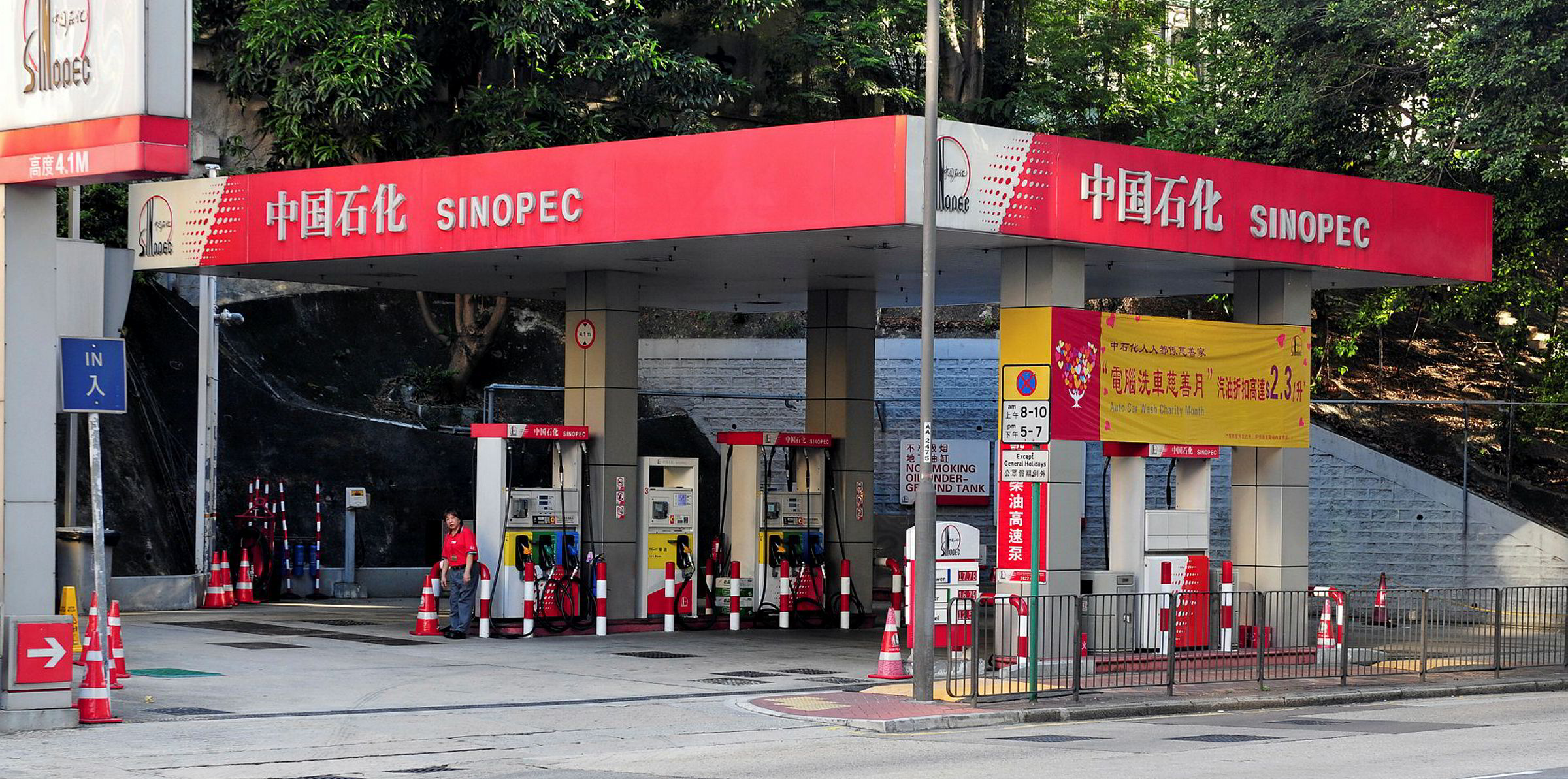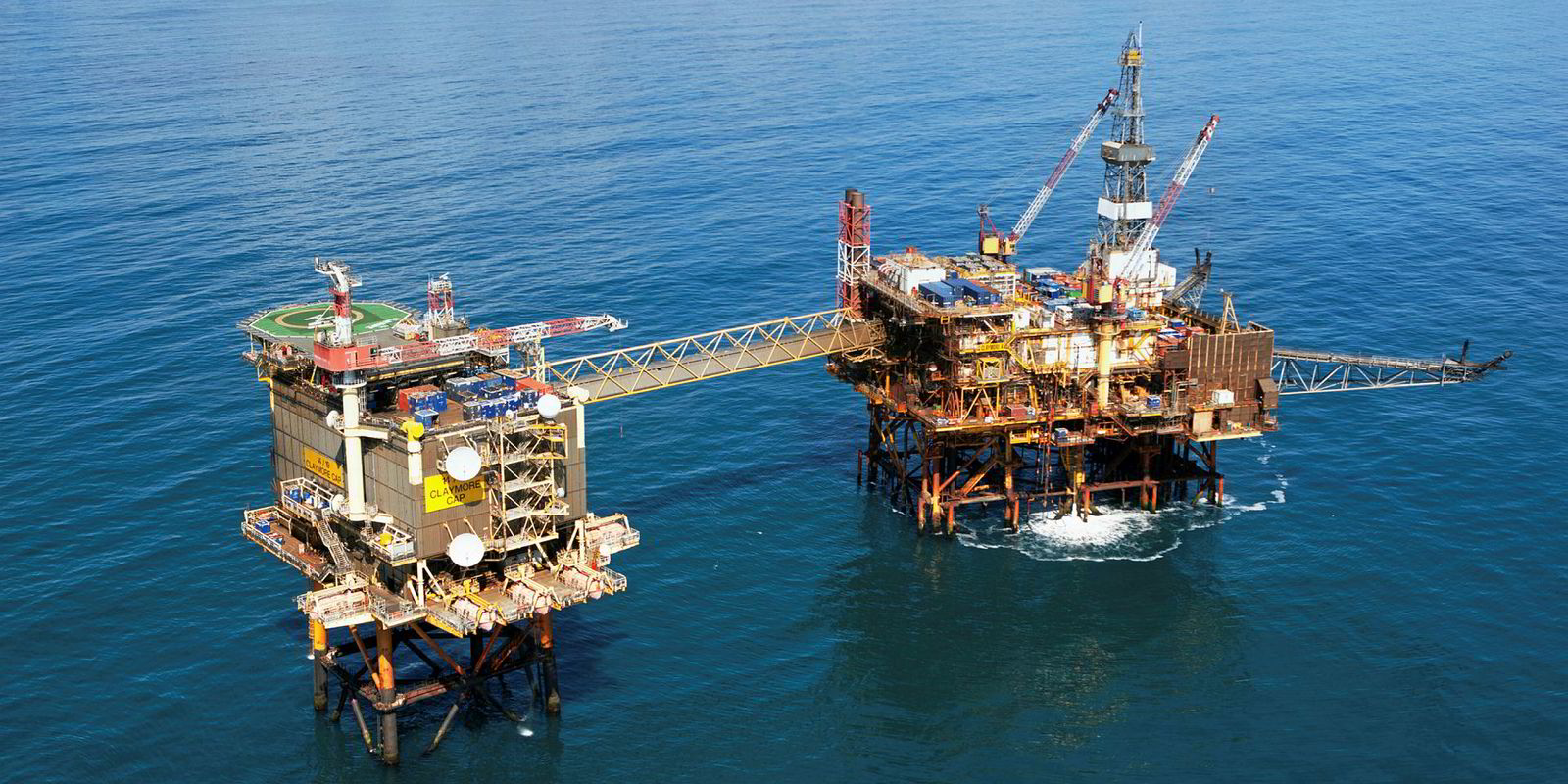Nanjing Shenghang Shipping is delisting its over-the-counter (OTC) shares to buy out rebel shareholders as it prepares for a long-discussed initial public offering.
The domestic chemical tanker owner is awaiting regulatory approval of an IPO that will allow it to expand its fleet of Yangtze River and coastal trading ships.
Shenghang has told the National Equities Exchange and Quotations (NEEQ) authorities that to protect the rights of dissident shareholders, anyone who voted against the delisting proposal or did not attend the shareholders' meeting can apply for the repurchase offer.
Controlling shareholder Li Taoyuan, Shenghang's chairman and general manager, will guarantee a buyback price of no lower than the company's latest audited net asset value per share.
Shenghang officials did not respond to a request for comment.
The company's website lists a modern fleet of 13 ships between 2,000 dwt and 13,000 dwt. They are mostly IMO type 2 product tankers in the inland and coastal trades, but the fleet also includes two ships qualified for unlimited international trading. The company's historical trading zone is along the Yangtze River from Wuhan to Shanghai, and along the coast from Dalian in the north-east to Hainan in the south.
Shenghang was founded in 1994 by a group of Nanjing industrial players led by Nanjing Refinery Co, which is controlled by oil major Sinopec.
Sinopec remains the company's biggest customer but, to a greater extent, Shenghang has succeeded more than some other shipowners in using an OTC stock listing to spread the ownership of its shares.
New Third Board listing
In 2015, during the crash of the Shanghai Stock Exchange, Shenghang was taken public on the NEEQ's New Third Board for small and medium enterprises, with Nanjing Refinery, Li, and investment bank Jiangsu Ruyi Investment Management as sole shareholders.
As of its 2017 annual report, Shenghang had 57 holders of common shares. The two top shareholders are Li (46.74%) and Nanjing Refinery (20.03%). Three funds hold about 16% between them.

Despite the weak chemical carrier market, in 2017 Shenghang reported CNY 36.6m ($5.5m) net profit attributable to shareholders on revenue of CNY 269.4m, significantly up from a net CNY 24.7m on CNY 211.2m in revenue in 2016.
Shenghang announced last summer that it planned an IPO and would delist from the New Third Board. It follows a series of companies in shipping and other industries.
In 2014 and 2015, during a turbulent period for the Shanghai Stock Exchange, companies planning IPOs turned to the Beijing-based OTC listing service.
Some were very small, but they also included China's largest provincially owned shipping company Shandong Shipping, privately owned dry bulk giant Fujian Guohang, fast-growing domestic liner operator Zhonggu Shipping, and HNA Group management and services subsidiary Shanghai Zhijing International Ship Management.
Zhonggu and Zhijing have since decamped, but Fujian Guohang and Shandong Shipping remain.
Chinese media reports that more than 700 companies have delisted from the NEEQ since the beginning of this year. Last week, the NEEQ said 103 companies had not yet filed a 2017 annual report and stood to be delisted involuntarily.





